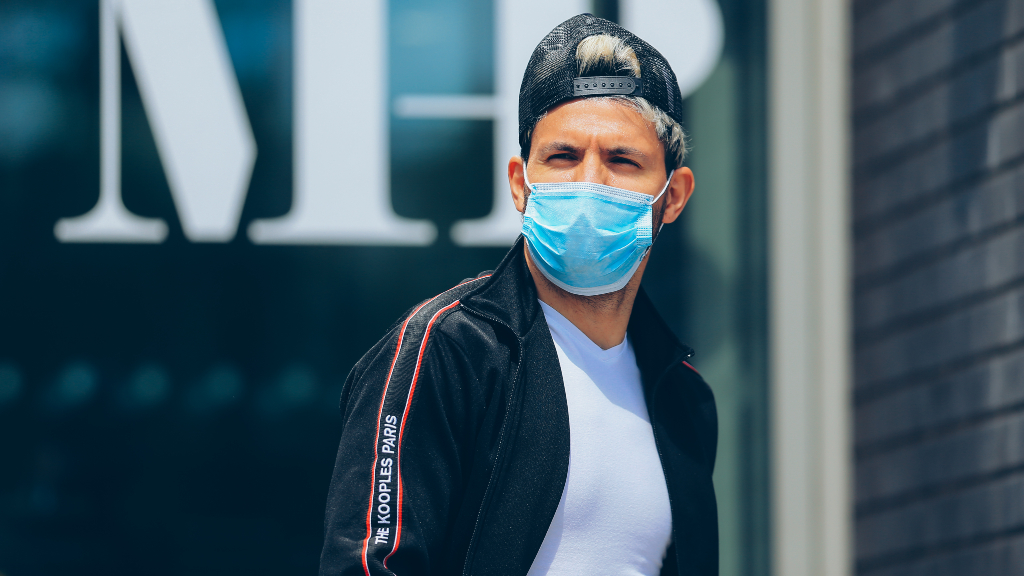Drones, remote controlled cameras and exclusive access to first team video calls made it possible for CityTV, whose three-part City Restart series chronicles Manchester City’s return to action after football was suspended due to the outbreak of COVID-19.
The documentary uncovers how the Club operated at an unprecedented moment in its history and its director has revealed the unique challenge of filming under the strict medical guidelines.
“All the Premier League protocols and the government advice on social distancing completely change how a professional football team works,” explains CityTV’s John De Caux, who says the aim of the production is to show fans the myriad of tasks which went into allowing the players to resume training in a crisis.
CITYZENS AT HOME | Fun & educational activities to do at home
“We obviously had to film from a distance and that’s part of the documentary style.
“With advances in microphone technology, we were able to use wireless mics that were sanitized and left on the floor for someone to pick up and attach to themselves.
“That allowed us to film them going about their job, without ever coming within two metres.”
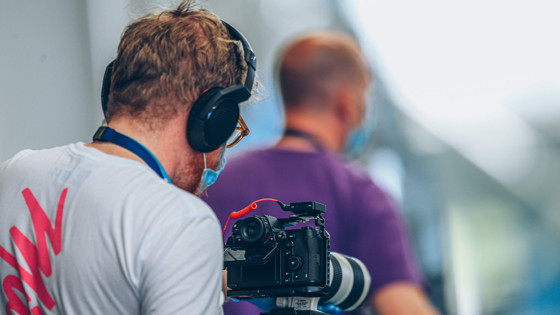
A crew of up to 15 would not be unheard of for a documentary of this nature, but with only a limited number of people allowed in the City Football Academy (CFA), City Restart is the work of a team of just three.
A cameraman and a photographer were granted special dispensation to access the training ground alongside De Caux, with all three required to carry hand sanitizer, in addition to wearing masks and gloves at all times.
The lack of bodies was the first challenge they had to overcome, with simple things, like two people checking how a shot was framed, no longer possible
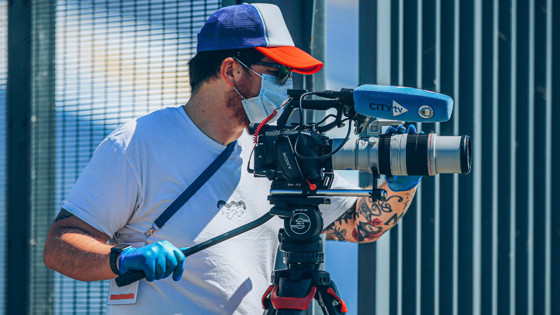
But that was a comparatively easy hurdle in comparison to much of the CFA site being off limits whilst Pep Guardiola and the first team squad were in for training.
“That was part of the challenge of filming it,” says De Caux.
“Wearing PPE, we were able to get great access inside the restricted zone to speak to operations staff when the players weren’t there.
“Whenever the players and backroom staff who were being tested were on site, we had to keep our distance by staying out of the restricted zone, because we weren’t being tested.”
EL MAGO | David Silva: A decade of magic
For that reason, this documentary would not have been possible without the wonders of technology.
Unable to hire the specialist equipment that would have made remote filming easier, existing kit was adapted and used alongside a small number of remote cameras to ensure the producers could capture everything they needed without being in the vicinity of the playing squad.
“Some remote cameras were already in position and for the others, we used gaming controllers to operate them,” adds De Caux.
SHOP | Our ‘We’re Not Really Here’ range
“We were allowed within the restricted zone to set up, but we had to go in way in advance, wear PPE and carefully sanitize everything.
“Quite often we would set up two hours before we knew the first player was due at the CFA. We would test the connectivity and make sure we had enough battery power.
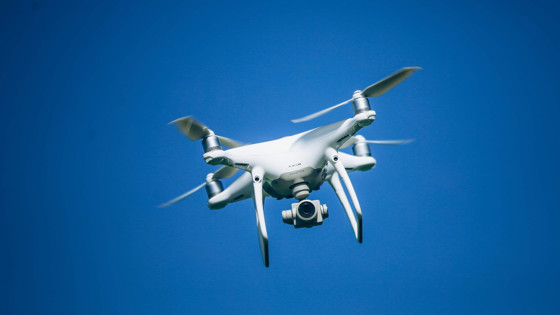
“What made us pretty anxious was that once you had set it up and left, if it had started to lose connectivity, we couldn’t fix it.
“There were challenging times and some days there were cameras that didn’t work, but we very much had to work with what we could.
“The only thing that helped was that we had a drone camera, which I could use as long as I took off and landed outside of the restricted zone.
STAY SAFE | City face coverings
“Without such technology, filming the players wouldn’t have been possible.”
City Restart will chart City’s return to action from the days before the squad returned, right through until after the conclusion of our first Premier League game back against Arsenal.
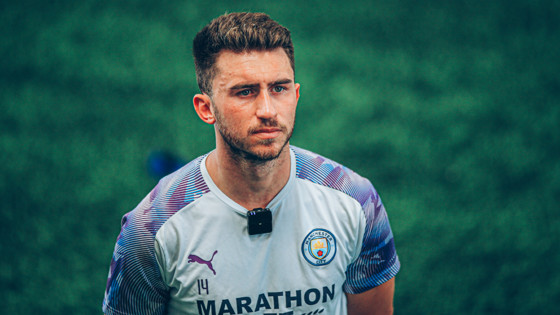
The audience will gradually see training pitch rules relax, as the first team move from working in small groups to full contact sessions, though around the rest of the CFA, stringent guidelines remain in place.
It means what is a familiar environment feels completely different for both players and the documentary makers and the transformation of the CFA is something De Caux feels is central to the story.
“It’s still a very strict environment, even though the lads can do contact training,” he concluded.
“In episode two you see the risk assessment that has to be done at all times, between the Head of Sports Science, Sam Erith, and Facilities Director, Clive Wilton, in terms of how much contact the players are having with each other and whether it is all necessary.
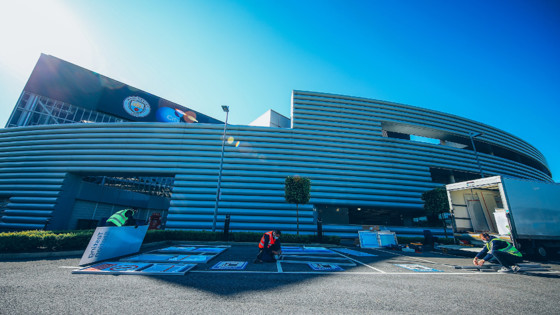
“When they come off the training pitch, the players are having to adhere to the really strict regulations that have been in place from the start.
“That’s why it was interesting to see how the CFA was retrofitted, so that the players could social distance.”
Episode one of City Restart is available and free to watch across Manchester City’s digital platforms, including the official website, app, YouTube and Instagram TV channel.
Episodes two and three will only be available to watch on CITY+, the Club’s content subscription service.
CITY+ content is available on mancity.com, Man City App (iOS and Android) and Man City on Smart TVs (Apple TV, Amazon Fire TV Stick, Roku, LG, Philips) and is accessible around the world.
Supporters who sign up will receive a free 30-day trial, after which a rolling monthly contract of £1.99 per month begins. This can be cancelled at any time.




